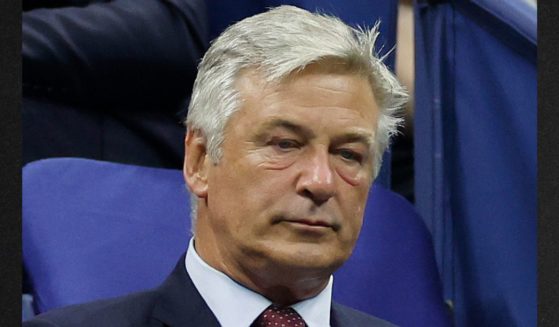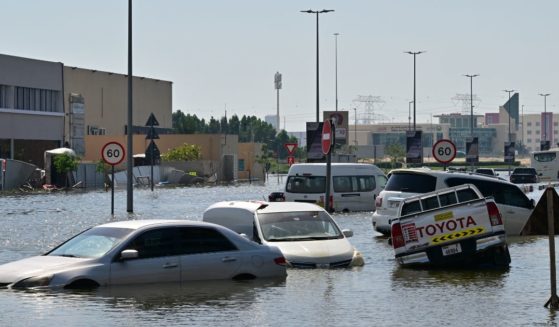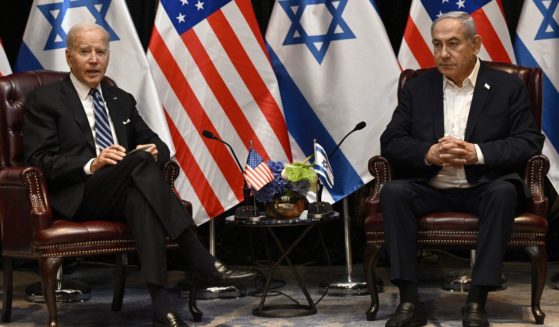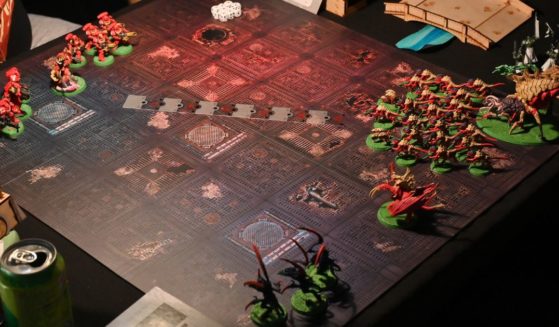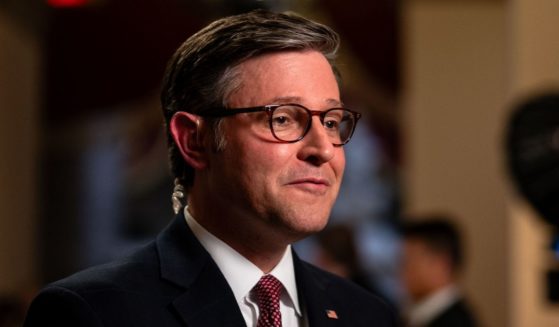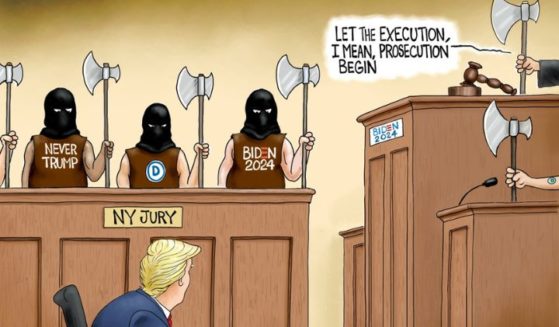UK Cops Now Dropping Cases if It Takes Them Longer Than 20 Minutes to View Video
A “crime assessment policy” by London’s Metropolitan Police Service reportedly requires that officers halt investigations into so-called “lower-level” offenses in cases where either there happens to be no surveillance footage, or the available closed circuit television recording is too long to watch.
“Britain’s biggest police force will not investigate crimes including public order offences, shoplifting and low-level assaults if officers are required to look at CCTV for more than 20 minutes,” The U.K. Times reported last week.
This stunning policy was discovered via a Freedom of Information request filed by the Times, which further found that the MPS also intends to automatically drop investigations into offenses where “the cost of the damage or amount taken” is less than 50 British pounds, or roughly $70.
That goes against the whole idea of “broken windows policing,” the theory that police paying attention to small crimes of disorder helps prevent a culture of crime from taking root that leads — eventually — to violent crimes taking place. In other words, if small crimes go uninvestigated, how many truly violent crimes — acid attacks, for instance — will eventually take place? And how many will go unsolved for lack of police manpower available?
While this may alarm victims’ groups, especially given the recent uptick in violent crime, the police force is nevertheless adamant that such a policy is needed.
“With the pressure on our resources it is not practical for our officers to spend a considerable amount of time looking into something where, for example, the value of damage or the item stolen is under £50, or the victim is not willing to support a prosecution,” Deputy Assistant Commissioner Mark Simmons said in a statement to the BBC last October.
At that time, this policy was simply being considered. As of January, it’s 100 percent certain it’s been implemented in full.
But again, the MPS is confident in its declaration that lawmakers deserve the blame for this crisis.
Sophie Linden, London’s deputy mayor for policing and crime, told the BBC that cuts to police funding had reached a crisis level.
“These huge cuts are making it increasingly difficult for the Met to do their job and keep Londoners safe,” she said at the time. “The Met will continue to have to take extremely difficult decisions unless the government does the right thing by London in the budget and gives our police service the funding they need to keep us safe.”
So the U.K.’s lawmakers deserve all the blame, right? Not necessarily.
A recent investigation by the The U.K. Sun found that, despite funding cuts, police forces and local governments across Britain have been “spending more and more money on managing their reputations,” i.e., public relations.
Late last year, for instance, several police chiefs were criticized for “for garishly painting their nails, posing for photos in bumper cars and stroking puppies for stress relief,” as reported at the time by U.K. Daily Mail.
“They have forgotten what their purpose is,” retired senior Scotland Yard detective Mick Neville said at the time. “Too many modern chief constables have got more degrees under their belts than arrests. The people in charge have simply not done the job.”
Peter Walker, a former deputy chief constable of North Yorkshire Police, agreed.
“Officers are being cut and having to really work hard to plug the gaps and there is a feeling that they’re not seeing HQ shrinking as much,” he told the Sun. “That is really demoralizing for them.”
Frankly, it sounds like very few people in the U.K. have their priorities straight. In others words, everybody is to blame for this crisis: lawmakers for underfunding the police, and police chiefs for wasting the little money they do have.
Meanwhile, the victims of crimes get to sit back and ask, “What about me?”
And unfortunately, unless the crime against them was “serious” enough, according to the MPS, the answer is, “You don’t matter.”
H/T Dangerous
Please share this story on Facebook and Twitter and let us know what you think about the poor priorities by both U.K. police and lawmakers.
Truth and Accuracy
We are committed to truth and accuracy in all of our journalism. Read our editorial standards.
